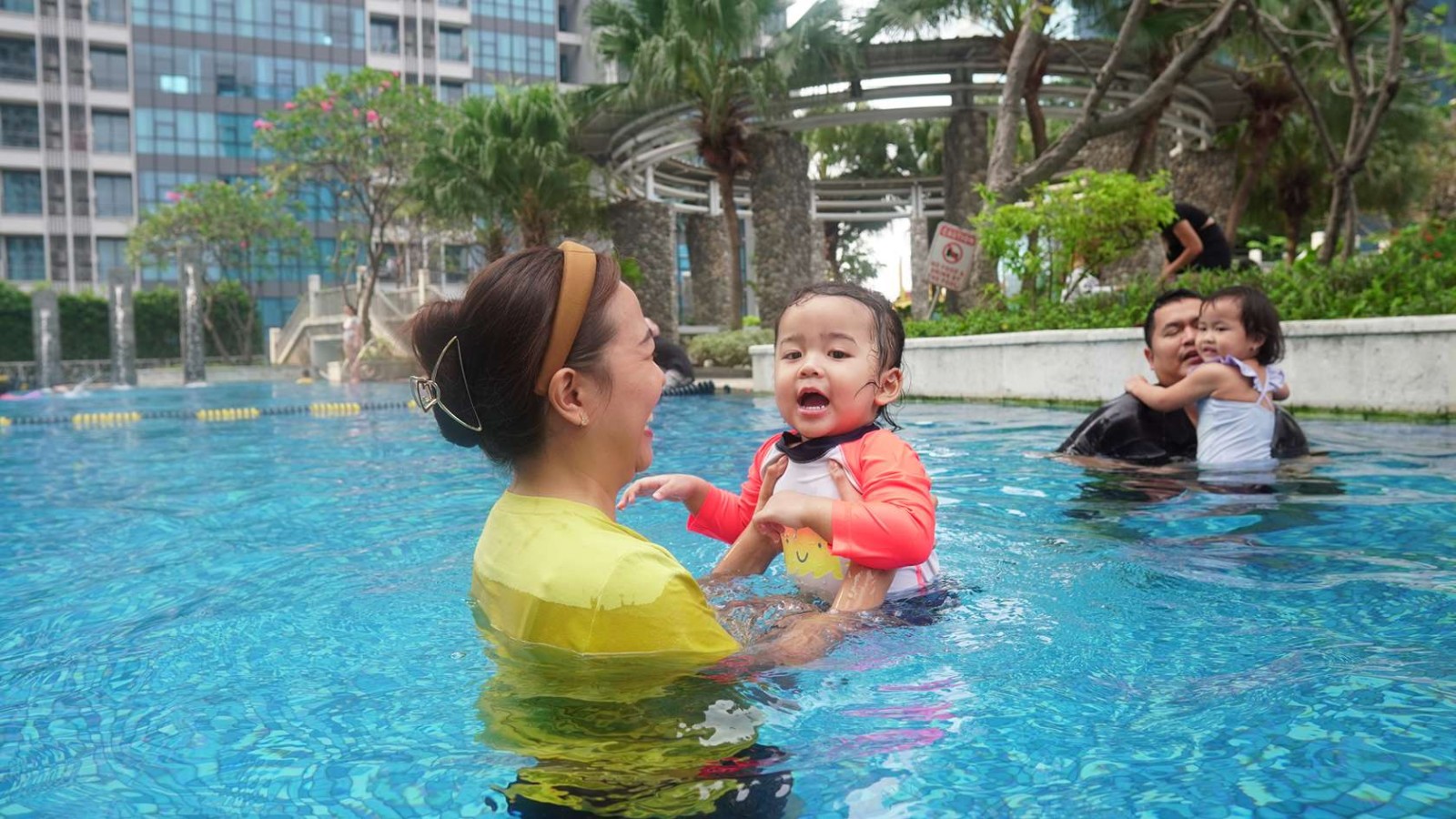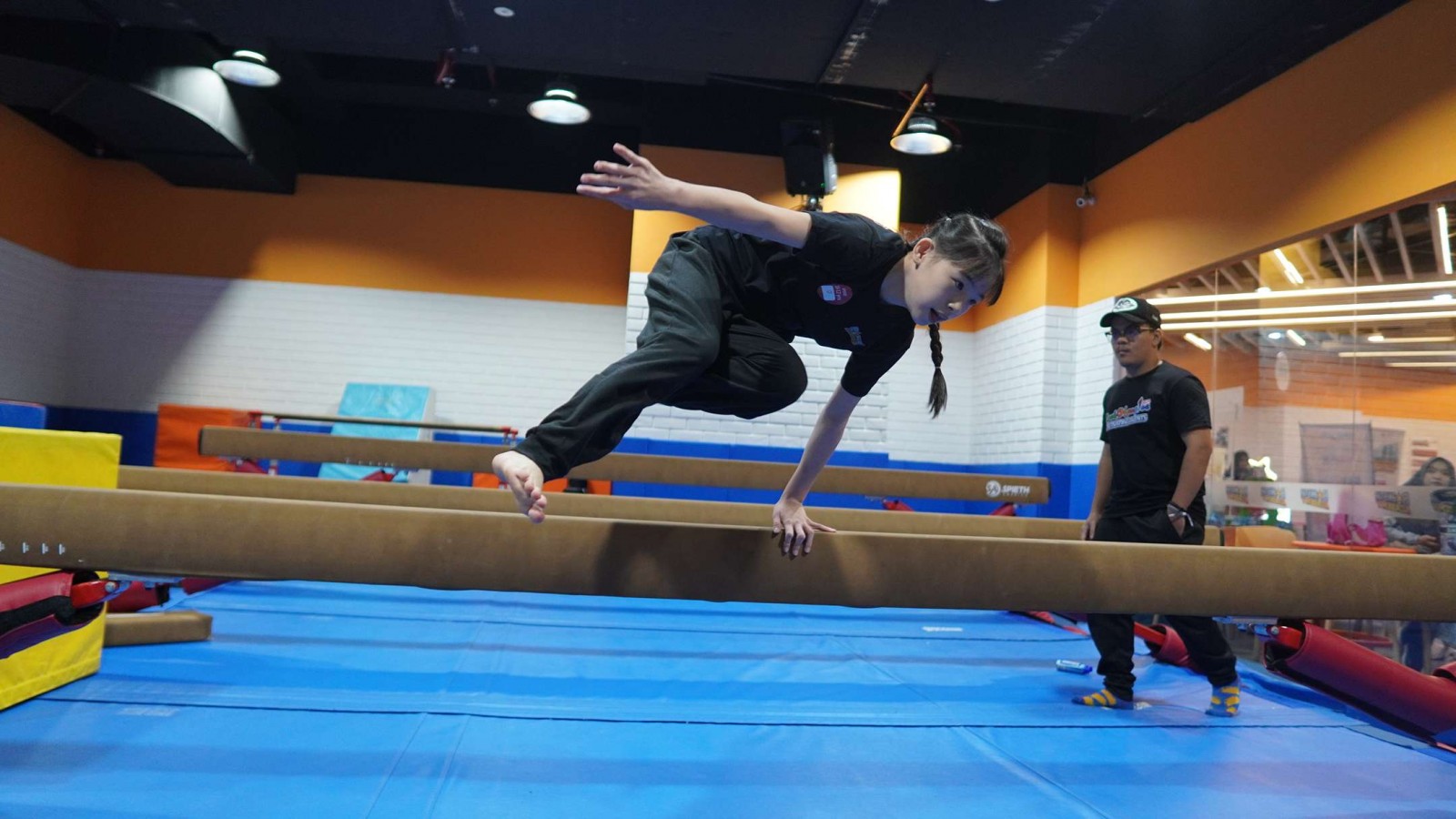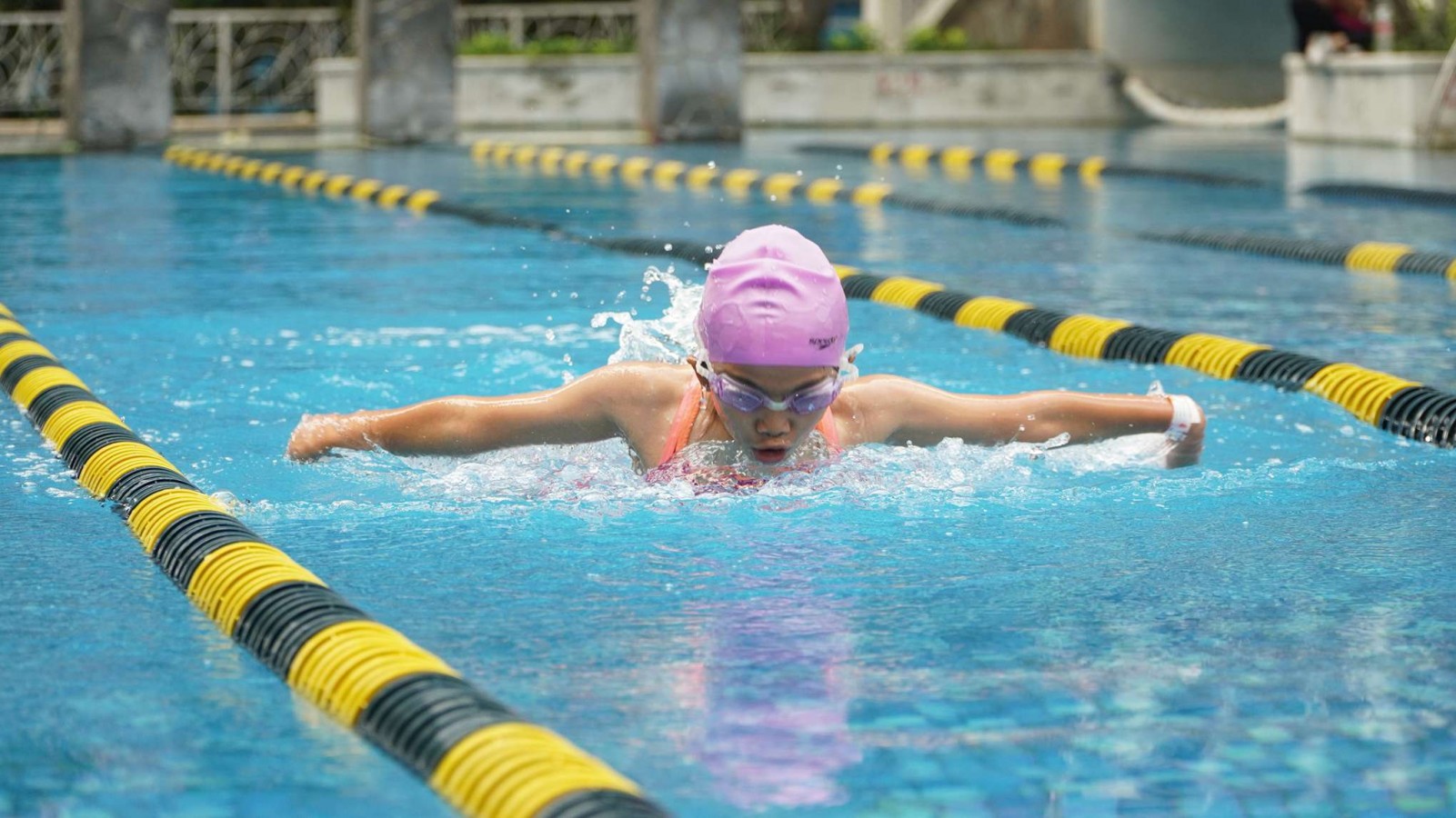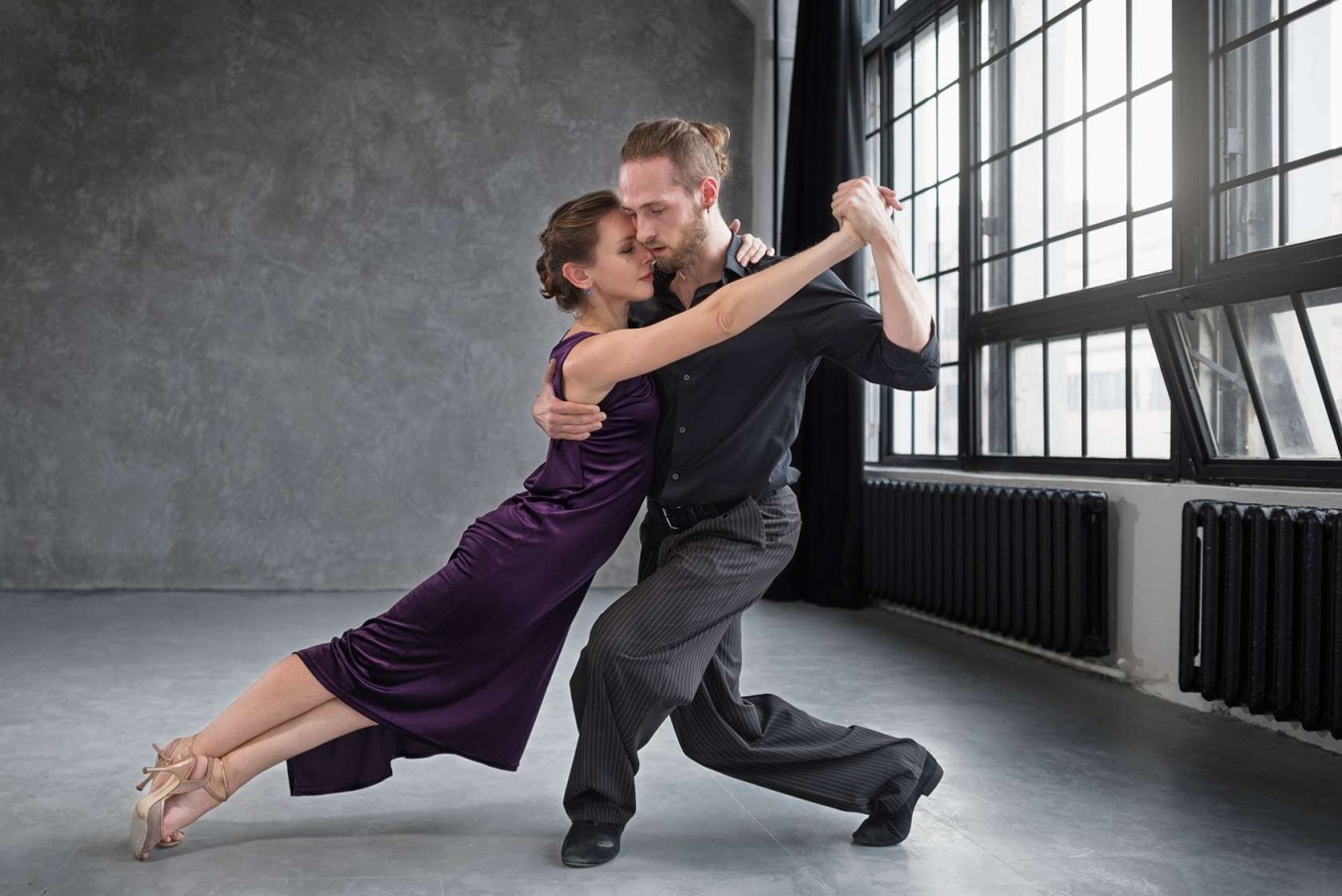Best Age to Start Swimming Lessons: Is Your Child Ready to Swim?

Many parents wonder when the best time is to introduce their little one to swimming lessons. But what’s the best age to start swimming lessons?
While there’s no one-size-fits-all answer, experts recommend different ages based on a child’s developmental readiness. So, how do you know if your child is ready to take the plunge? Let's dive into everything you need to know!
What Is the Best Age to Start Swimming Lessons?
The ideal age to start swimming lessons depends on several factors, including physical and emotional readiness. Here’s what experts recommend:
1. Infant Swim Classes (1 Year Old)
The American Academy of Pediatrics (AAP) suggests that infants as young as 12 months old can be introduced to water through parent-child swim classes.
These classes are not formal lessons but rather water-familiarization sessions where babies get used to the water environment. At this stage, infants don’t learn proper swimming strokes but can develop water comfort and basic reflexes.
2. Toddler Swim Lessons (1 – 3 Years Old)
Toddlers can start learning basic water survival skills, such as floating, kicking, and holding their breath.
The goal at this stage is water acclimatization and ensuring that the child enjoys being in water without fear. A parent or caregiver usually participates in these lessons to provide comfort and safety.
3. Preschool Swimming (3 – 5 Years Old)
Children aged 3–5 years can begin structured swim lessons where they learn fundamental swimming skills like paddling, floating, and submerging their faces in water.
This is the stage where kids start developing muscle coordination, which is essential for proper swimming techniques. They also learn basic water safety rules, which can be lifesaving.
4. School-Age Kids (5 – 7 Years Old and Above)
By the time a child is 5 years old, they are generally physically and mentally ready for formal swimming lessons. They can begin learning specific strokes, breathing techniques, and treading water.
Older children who start swimming at this stage can progress quickly with consistent lessons.
Benefits of Learning to Swim at a Young Age
Enrolling children in swimming lessons early is a life skill that comes with numerous physical, mental, and emotional benefits. Let’s dive into why teaching kids to swim at a young age is one of the best gifts you can give them!
1. Safety and Drowning Prevention
Drowning is one of the leading causes of accidental death in young children, but learning to swim significantly reduces this risk. Swimming lessons teach kids essential survival techniques, such as:
- Floating on their back to conserve energy
- Holding their breath underwater
- Kicking and paddling to reach the pool’s edge
- Understanding pool rules and water safety
The earlier kids get comfortable in water, the more confident and prepared they become in real-life situations, making swimming one of the most valuable skills a child can learn.
2. Builds Physical Strength
Unlike high-impact sports like running or jumping, swimming is low-impact, meaning it’s easier on growing bones and joints. This makes it perfect for young kids still developing their motor skills!
Other physical benefits include:
- Stronger core muscles for better balance
- Improved lung capacity and endurance
- Increased flexibility from various swimming strokes
- Enhanced coordination as kids learn to move their arms and legs simultaneously
Even infant swim lessons help strengthen their neck, shoulders, and back, supporting overall development.
3. Boosts Confidence and Independence
Swimming helps kids build confidence that extends beyond the pool. According to the Play Book Coach, many parents notice that kids who gain confidence through sports like swimming carry that same self-assurance into school, and other aspects of life.
4. Improves Cognitive and Social Skills
Swimming isn’t just good for the body but it’s also great for the brain. Learning to swim improves cognitive functions like focus, problem-solving, and discipline.
Studies even show that children who swim from a young age tend to hit developmental milestones earlier than their peers!
5. Encourages a Lifelong Healthy Habit
The best part about swimming? It’s an activity kids can enjoy for a lifetime! Unlike some sports that become harder to continue with age, swimming remains a low-impact, full-body exercise suitable for all stages of life.
Other long-term health benefits include:
- Reduced risk of obesity and heart disease
- Better lung health and endurance
- Stress relief and mental relaxation
- A fun way to stay active without feeling like “exercise”
How to Know If Your Child Is Ready for Swim Lessons
Every child is unique, and their readiness for swimming lessons depends on more than just age. Some kids take to water naturally, while others need more time to feel comfortable. To help you decide, here are five key signs that your child might be ready for swim lessons!
1. Interest in Water
A strong indicator that your child is ready for swim lessons is their curiosity and excitement about water. If your little one eagerly splashes around during bath time, enjoys playing with water toys, or gets excited when visiting a pool or beach, they might be ready for more structured water activities.
However, if they avoid water altogether, fear getting their face wet, or dislike water-related play, it may be best to ease them into water exposure first through fun, pressure-free experiences like shallow water play or using a small kiddie pool at home.
2. Ability to Follow Instructions
Swimming lessons require children to listen carefully and follow directions from instructors to ensure safety and learning progress.
If they struggle with following directions, it might help to start with parent-assisted swimming activities, where you can gently guide them through basic steps while reinforcing listening skills.
This is why it is crucial to choose the right swimming lessons for your children. Choosing the right swimming lessons means finding a class that matches your child's developmental stage and comfort level.
Some programs offer small group sessions or private lessons, allowing for personalized attention to help children improve their listening skills and gradually gain independence in the water.
3. Physical Coordination
Swimming involves coordinating arm movements, leg kicks, and breathing, so having a certain level of motor skills is essential.
A child who is still developing basic motor skills (e.g., struggles to walk steadily or has difficulty moving their arms and legs at the same time) may need more time before starting lessons. In this case, activities like playing in the sand, climbing, or practicing gentle kicking movements in a bathtub can help build their coordination.
4. Comfort with Being in Water
Some kids naturally feel comfortable in water, while others may be hesitant. A child who enjoys water play, even with a parent nearby, is more likely to succeed in swim lessons.
On the other hand, if they cling to you tightly, refuse to get wet, or cry near water, they might need a slower approach. In this case, you can introduce water in small, enjoyable steps—such as letting them pour water on their arms, playing with water toys, or watching other kids swim.
5. Emotional Readiness
A child’s emotional state plays a big role in their ability to learn new skills, including swimming. If your child is prone to anxiety or struggles with unfamiliar environments, they might need a more gradual introduction to swim lessons.
However, if they get overwhelmed in unfamiliar settings or experience separation anxiety, it’s best to start with short, playful sessions where they can build confidence. Attending a trial swim class with a parent or observing a lesson before joining can also help ease the transition.
So, What’s The Best Age to Start Swimming Lessons?
While there is no perfect age to start, introducing your child to the water early can set them up for a lifetime of enjoyment and security. If you're eager to help your child develop essential movement skills, discipline, and confidence beyond the pool, consider enrolling them in Rockstar Academy’s Swimming Program!
Rockstar Academy is the leading Sports & Performing Arts Academy, offering a variety of physical activity programs designed to help children discover their full potential. Through their structured curriculum, students can participate in the RockOlympics, an incredible learning experience that fosters growth, resilience, and achievement.
For those looking for a more tailored approach, Rockstar Academy also offers Private Instruction—a personalized, skills-based training program designed to meet individual needs and goals.
With intensive training sessions, direct instructor feedback, progress reports, training videos, and weekly exercises, your child will receive the dedicated guidance they need to thrive. So why wait? Give your child the best start in their physical journey and sign up for your free trial class at Rockstar Academy!
FAQ
What should my child wear for swim lessons?
Your child should wear a well-fitting swimsuit, swim diapers (for infants/toddlers), and possibly swim goggles to protect their eyes.
How long does it take for a child to learn to swim?
It varies! Some children pick up basic swimming skills within a few months, while others may take longer. Consistent practice is key.
Are private or group lessons better?
Both have advantages! Private lessons offer personalized attention, while group lessons provide social interaction and learning from peers.
Can babies really learn to swim?
Babies don’t learn formal swimming but can develop water confidence and basic survival skills in parent-child swim classes.



